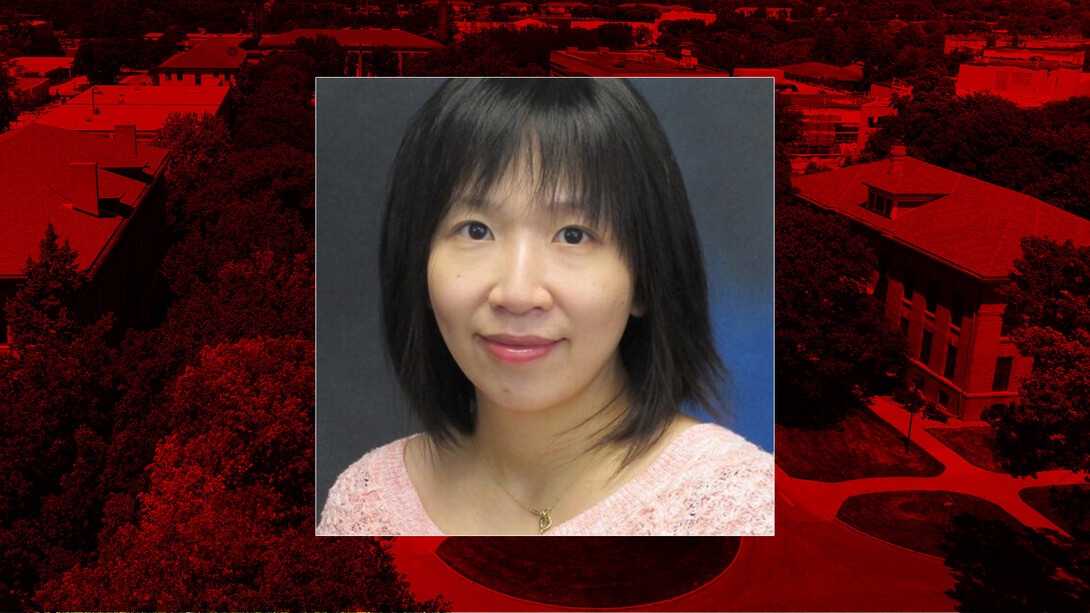
Lincoln, Neb. —
What is your background before coming to the University of Nebraska-Lincoln?
I am from Taiwan and earned my bachelor’s degree in Biological Systems Engineering from National Taiwan University. After completing my undergraduate studies, I moved to the United States to pursue a master’s in Biological and Agricultural Engineering at North Carolina State University, followed by a doctorate in Agricultural and Biological Engineering from Purdue University. During my two years as a postdoctoral researcher at Clemson University, I worked on precision agriculture projects that strengthened my expertise in digital agriculture, crop modeling, and water management. This experience prepared me for the research I now conduct at UNL.
What is your position at the University of Nebraska-Lincoln?
I serve as a Research Assistant Professor in the Department of Biological Systems Engineering at the University of Nebraska-Lincoln, based at the Panhandle Research, Education and Extension Center in Scottsbluff in western Nebraska. My work focuses on precision agriculture, irrigation management, and crop modeling. I develop and utilize advanced technologies like image analysis, sensors, automation, and models to enhance agricultural productivity and sustainability.
What drew you to the University of Nebraska-Lincoln?
UNL’s Biological Systems Engineering program is one of the top in the United States, particularly in agricultural engineering and irrigation research. Being part of a program with such a strong emphasis on innovation in water management and crop modeling aligned perfectly with my research interests. Nebraska’s central role in agriculture, combined with the cutting-edge work being done here, made it the ideal place to advance my research and make an impact.
What aspect of working in an educational setting do you enjoy the most?
I truly enjoy combining research with education. It is rewarding to engage students in hands-on projects where they apply advanced technologies, such as sensors, imaging systems, and crop models to address real-world agricultural challenges. Seeing students grow through experiential learning is one of the most fulfilling parts of my work.
What do you consider your greatest achievement?
One of my most significant accomplishments has been leading two USDA NIFA projects and one NSF project as the UNL lead, focusing on monitoring grapevine fields in Florida. Our research group has developed custom-designed camera and sensor systems that gather essential data to advance disease detection, water management, and crop modeling solutions using AI and machine learning techniques.
With the preliminary results from these projects, I also secured a grant from the Kimmel Orchard & Vineyard Educational Foundation for grapevine research in Nebraska. This project addresses the specific needs of Nebraska growers and includes a strong STEM education component. Through this project, we offer hands-on experience in sensor and camera development to community college students and the general public through events like the AppleJack Festival.
What is something that most people don’t know about you?
Although my role is 100% research-focused, I actively contribute to several projects with substantial educational components. I collaborate with western Nebraska community college (WNCC) students on hands-on STEM projects, such as the NSF-ExLENT-funded project, Digital Agriculture and Phenotyping Technology (DAPPT). Additionally, I engage in public outreach to promote agricultural technology education through various events aimed at reaching the broader community.
What is your life like outside of work?
Outside of work, I enjoy traveling and exploring nature with my family. These moments help me recharge and find inspiration for my work.







